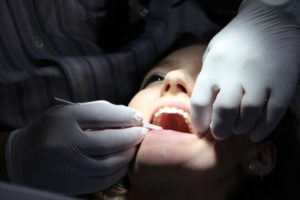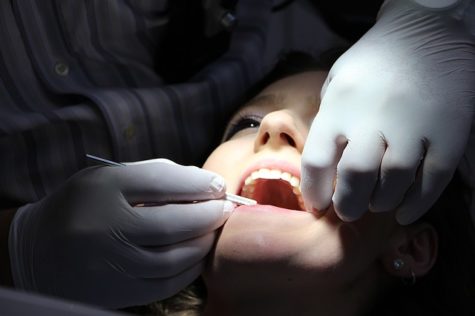CLEVELAND — Can’t handle that cavity? You may be better off opening up your medicine cabinet than asking the dentist for painkillers. A new study finds that ibuprofen and acetaminophen are more effective at treating dental pain than opioid prescriptions.
Researchers at the School of Dental Medicine at Case Western Reserve University examined the results of more than 460 published studies and determined that opioids are not among the most effective nor longest lasting means for controlling dental pain.

“What we know is that prescribing narcotics should be a last resort,” argues Anita Aminoshariae, lead author of the study and associate professor in the dental school’s Department of Endodontics, in a release. “No patient should go home in pain. That means that opioids are sometimes the best option, but certainly should not be the first option.”
As the country’s deadly opioid epidemic continues to worsen, Aminoshariae and her team hope dentists and other healthcare professionals are taking notice. The use of nonsteroidal anti-inflammatory drugs such as ibuprofen by itself or combination with acetaminophen was overall more effective than opioid treatments. The researchers say a treatment of 400 milligrams of ibuprofen along with 1,000 milligrams of acetaminophen is superior in dental pain treatment to opioid treatment.
According to the National Institutes of Health, between 21 and 29% of individuals prescribed opioids misuse them, while about 80% of heroin users started with opioids. This latest research also showed that opioid use led to the worst side effects for patients of any age, including nausea, vomiting, constipation, and drowsiness.
Ibuprofen and acetaminophen are far safer than any opioid a doctor could prescribe, Aminoshariae says.
“The best available data suggests that the use of nonsteroidal medications, with or without acetaminophen, offers the most favorable balance between benefits and harms, optimizing efficacy while minimizing acute adverse events,” she adds.
The full study was published in the April 2018 edition of the Journal of the American Dental Association.

How many lies can you put out in one day?
Bullshit. Non-narcotic pain relievers simply don’t work, period.